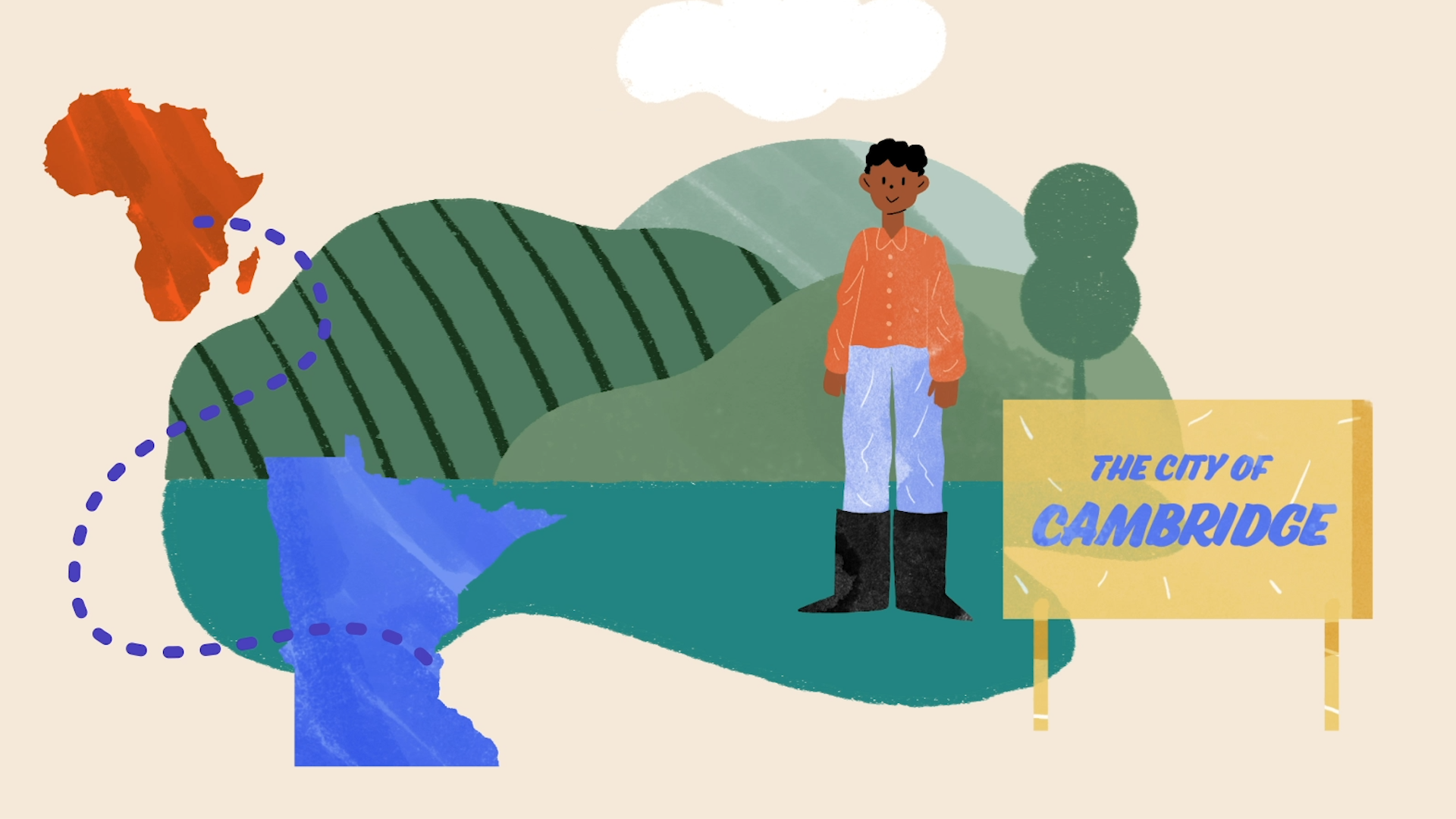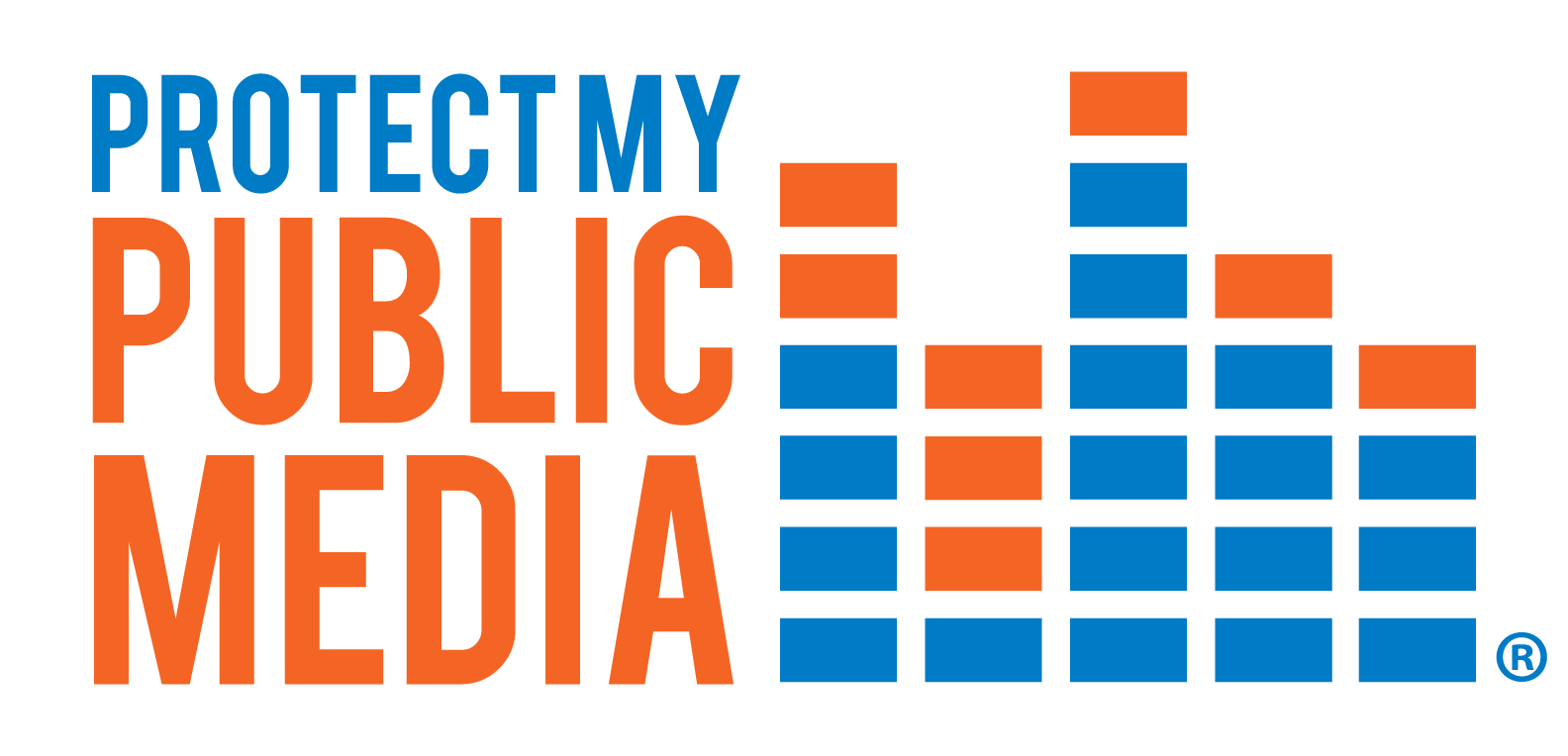The USDA is being sued over a provision within the Biden administration's American Rescue Plan aimed at helping farmers of color. It's a class action lawsuit that could go all the way to the United States Supreme Court.
USDA lawsuit

Urge the Senate: Protect PBS Funding | PBS IS IN DANGER OF GOING AWAY. The federal funding that supports Public Media is at risk of being eliminated. Now is a critical time to act. |

The USDA is being sued over a provision within the Biden administration's American Rescue Plan aimed at helping farmers of color. It's a class action lawsuit that could go all the way to the United States Supreme Court.
Nestled inside of the Biden administration's American Rescue Plan was a promise of debt relief for socially disadvantaged farmers. Up to 120% forgiveness to BIPOC farmers who had USDA approved loans. The USDA is now facing a class action lawsuit and in July of 2021, seven white farmers from Minnesota and North Dakota joined in.
"The Biden administration passed, secretary of Vilsack in particular, passed a rule that essentially allows for total debt forgiveness for socially disadvantaged, historically socially disadvantaged farmers I believe the phrase is in the law, and, but it specifically excludes white farmers from that relief," said James Dickey, a lawyer representing the Minnesotan and North Dakotan farmers. Compass hasn't been able to reach any of the plaintiffs for comment.
The USDA has broadly defined the term "socially disadvantaged farmer or rancher" as "those who identify as one or more of the following, black, American Indian, Alaska native, Hispanic, Asian, and Hawaiian Pacific Islander."
From our client's perspective, that is essentially present discrimination that is intended to remedy past discrimination and the 14th Amendment's Equal Protection clause doesn't allow that to kind of roll," said Dckey.
The law that's taking precedence in this class action case was filed in Texas in April, 2021, by Sid Miller, the Texas agriculture commissioner. The case was sponsored by America First Legal Foundation, a group co-founded by Steven Miller, a former advisor to Donald Trump. The suit alleges that the USDA proposed program discriminates against white farmers and ranchers, who would otherwise be able to receive this relief if they weren't white. Miller says he's bringing the lawsuit as a private citizen and not in his capacity as agriculture commissioner.
Stephen Carpenter, a lawyer for Farmers Legal Action Group gave a quick background: "The United States Department of Agriculture has a lot of resources, does loan programs, spends a lot of money to help farmers and historically that assistance has very much targeted white farmers. Part of that is not surprising because it's a very old department. It was founded during the Lincoln administration. So the reality is, that would've been a department that really did focus its attention on white people," Carpenter said. "And even after it was no longer legal to do that, the everyday implementation of U.S. Department of Agriculture programs was often discriminatory based on race. And we have excellent records and histories and documentation of that going back many decades and continuing to the very recent times and the present."
Patrice Bailey is the assistant commissioner of the Minnesota Department of Agriculture. He said that out of Minnesota, 26 million acres of farmland, "24 million of those acres are owned by white farmers. So that lies a disparity that goes between black indigenous people of color, and those with disabilities and veterans to sort of have the other piece that's left."
Assistant Commissioner Bailey said that when he was appointed in 2019, he was asked to do listening sessions throughout the state to learn about the barriers that exclude people from getting involved in agriculture. "What came out of that listening session, all of them actually, was that many of the barriers beyond the land and finances, school loans, mental health, insurance, you know, there was also barriers of being overlooked, not being seen," he said. "These are barriers that continue to happen in underrepresented communities because maybe you don't have that relationship with a lender. The lender does have a lot of power to say yes or no. And we have to also understand that this is a design, this is a system that was built so that there would be profitability in one direction. It's a complete slave mentality, but not in the same way. You're not shackled anymore, but you're still ostracized in a way because you don't have the info, you don't have the equity and you don't have the, you know, frankly the right skin color in order to actually be in the same spaces.
In fiscal year, 2021, the USDA received 1,921 applications from Minnesotan farmers and approved 1,432 of them. Out of those approved applications, 92 were for socially disadvantage farmers representing $13,531,635.
One of those farmers, Moses Momanyi farms in Cambridge, Minnesota. He came to the United States from Kenya in 2004 and began farming. After a short period, he realized he needed to grow in a larger space. Not knowing how else to acquire land, he just drove around and asked to land owners if he could rent from them.
"Eventually I didn't succeed in getting that, but in the process, I ended up at farm training incubator program in Stillwater, Minnesota," Momanyi said. "I right away enrolled and took a two-year course. Remember I needed to learn how to grow in a different climate, but also very important reason why I went there was because I felt going there was my first and only hope of getting to land."
Even after completing the first two years of incubator training, Momanyi said that because he was new to the country, he didn't have acceptable credit history or the farming records to apply for a loan. "It was almost like every year I was rented from somebody else," Momanyi said.
During this time, Momanyi worked a job at a nursing home in Hopkins at night and at the farming incubator in Stillwater during the day. In 2014, he was able to go back to the USDA to get approved for his loan. Recognizing the importance that the farming incubator had on him, he wanted to help others similarly. Last year, he and his wife started subleasing pieces of their land to friends from the community.
"We thought we were gonna start with four. We did end up with 13 last year. This year we have 19. When I started, I let the USDA know I am subleasing this land. ... I give them water, I till for them, I do everything. But the USDA told me, 'you can only sublease for three years, no more than that.' Is that a structure or barrier? It is. Even if I got a loan from the USDA and it would subsidized, it's public assistance. That to me defeats the purpose of trying to help me, if you just help me and not me as a whole, because I'm a whole if I'm a community and I feel like I belong to a community. The community I belong to is both the community in my neighborhood here, the community in Minnesota, but also the immigrant community," Momanyi said.
"I always think of it this way, if you grew up on a farm and let's say your father or your uncle or your neighbor, they had a good relationship with the bank and you could go in there, you could get a loan easily because they know you come from a farming family and all that. So they know you are like, they can believe you. That is not easy for those who are cut off. It's hard for them to even just walk into the bank and get that. Even me, it might be difficult still to go to the bank and say, 'hey, give me 400,000 so I can buy a combine.' I still struggle with things, finances. I got this land, but I still was using a 1950 tractor. If we have children growing here. And we know every culture identifies with what they grow and the land, what will happen to our culture? We will lose part of our identity and our children will not have that connection. I grew up with a strong connection to land. And I'm just feeling like if there's that generation here, justice means apart from us working hard, you know, we need to be also given that opportunity to be on land and live on the land like everybody else."
Michele Huggins' doughp bread making process and philosophy.
Learn about the newly formed Perennial Promise Growers Cooperative.
